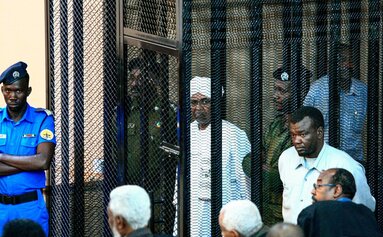 Dictator in the Dock Sudan's former dictator Omar al-Bashir, ousted amid a popular pro-democracy uprising last year, faces trial from Tuesday (21July 2020) over the military coup that brought him to power more than three decades ago. Coup Led to Corruption Bashir, 76, who is already behind bars for corruption, could face the death penalty if convicted over his 1989 coup against the elected government of prime minister Sadek al-Mahdi. Attempt to Return Sudan to the Rule of Law The Khartoum trial against Bashir and 16 co-accused comes as Sudan's post-revolution transitional government has launched a series of reforms in hopes of fully rejoining the international community. "This trial will be a warning to anyone who tries to destroy the constitutional system," said Moaz Hadra, one of the lawyers who led the push to bring the case to court. "This will safeguard Sudanese democracy. In this way, we hope to bring an end to the era of putsches in Sudan."
0 Comments
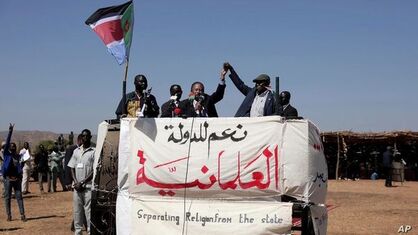 The transitional government of Sudan, which removed long-time dictator, Omar al-Bashir, after 30 years of oppressive rule last year, has announced that the state will no longer discriminate on the basis of religion. Separating Sharia from the State Last week, three resistance groups, representing Darfur, the Blue Nile and the Nuba Mountains of South Kordofan, signed an agreement with Sudan’s transitional government prime minister, Abdalla Hamdok. This document, in principle, agreed to separate Islamic Sharia law from the state. This comes after three decades of Islamic Sharia law under dictator Omar al-Bashir, in Sudan. Religious Freedom The Declaration of Principles signed in the Ethiopian capital, Addis Ababa, on Thursday, 3 September, declares: “The state shall not establish an official religion. No citizen shall be discriminated against based on their religion… Sudan is a multi-racial, multi-ethnic, multi-religious and multi-cultural society. Full recognition and accommodation of these diversities must be affirmed.” 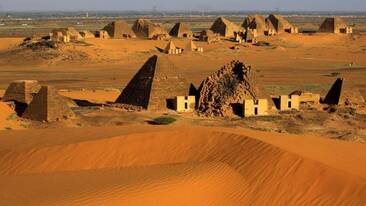 Record floods in Sudan have threatened sites housing the royal pyramids of Meroe and Nuri, two of the country’s most important archaeological areas. The Royal Valley at Meroe, a basin that fills during the annual flooding of the Nile, is at risk from unprecedented water levels and teams have been working to protect the historic site from being swamped. Meroe is an ancient city on the East Bank of the Nile River, about 200 km North East of the capital, Khartoum. Meroe was the capital of Cush dynasty that ruled from the early 6th century B.C. |
More Articles
All
Archives
February 2021
|
"And Jesus came and spoke to them, saying, “All authority has been given to Me in heaven and on earth.
Go therefore and make disciples of all the nations, baptizing them in the name of the Father and of the Son and of the Holy Spirit,
teaching them to observe all things that I have commanded you; and lo, I am with you always, even to the end of the age.” Amen.” Matthew 28: 18-20
Go therefore and make disciples of all the nations, baptizing them in the name of the Father and of the Son and of the Holy Spirit,
teaching them to observe all things that I have commanded you; and lo, I am with you always, even to the end of the age.” Amen.” Matthew 28: 18-20
|
P.O.Box 74 Newlands 7725
Cape Town South Africa |
|
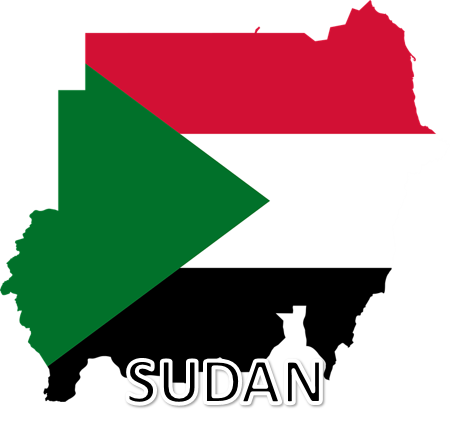
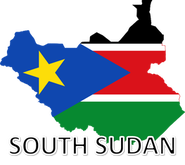

 RSS Feed
RSS Feed
